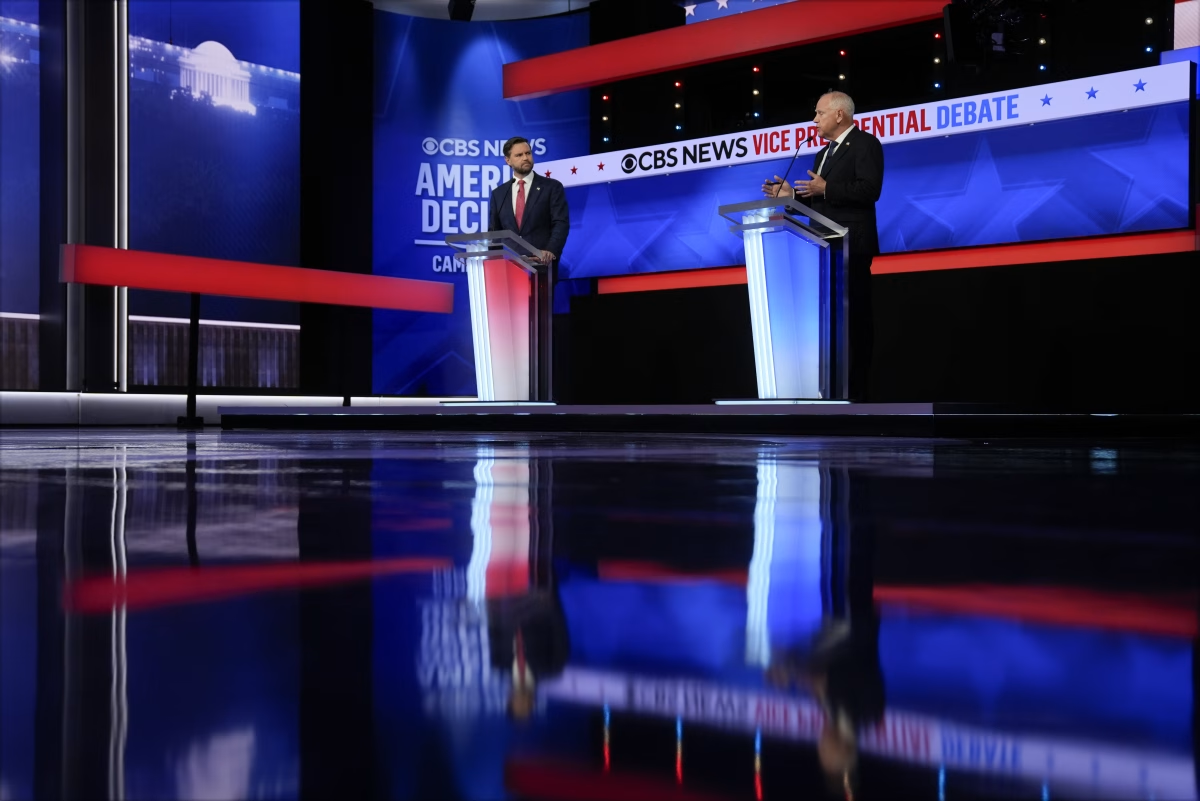Eight far-right members of the House of Representatives successfully voted to remove Rep. Kevin McCarthy (R-Calif.) from his position as Speaker of the House Tuesday afternoon.
This is the first time the position has ever been vacant.
Republican members of the House were contesting McCarthy’s position since January, and with the recent slim avoidance of a government shutdown, far-right Republicans voted to oust McCarthy from his position as Speaker in a 216 to 210 vote.
McCarthy was removed from his position by Democrats, with the help of eight Republican representatives.
McCarthy agreed to a list of concessions in order to be elected, including a provision allowing just one member of the House to initiate a motion to vacate the Speaker from their role, utilized today by Rep. Matt Gaetz (R-Fla).
In an unprecedented event in the 21st century political system, the House is now left without a speaker and cannot resume until another Speaker is nominated.
Congress passed a 45-day funding bill Sept. 30 to avoid another possible government shutdown.
McCarthy faced stark opposition from his Republican counterparts in passing this budget, and heavily relied on Democratic support to pass this legislation.
In collaboration with Democrats, McCarthy prided himself on resisting an impending shutdown at the disapproval of many far-right lawmakers.
Congress now enters this limited period to decide a budget without a Speaker and without a clear nomination for a new member to assume the role.
Until a new Speaker is elected, no progress towards preventing another shutdown can be made.
A new Speaker election must occur before Congress can resume, reminiscent of the 15-ballot election to appoint McCarthy in January.
The last time this occurred in the House was in 1910 when a vote to remove then-Speaker Joseph Cannon was unsuccessful.
Democrats, under minority leader Rep. Hakeem Jeffries (D-N.Y.), disapproved of Republicans’ “unwillingness to break from MAGA extremism,” Jeffries, who did not help McCarthy keep his position, told the New York Times.
Democrats will nominate Jeffries as Speaker, but with an unlikely outcome due to Republicans’ majority in the House.
A clear nomination has yet to be announced for a new Republican Speaker, but Rep. Patrick McHenry (R-N.C.) was deemed interim Speaker a year before Representative elections in 2024.




















